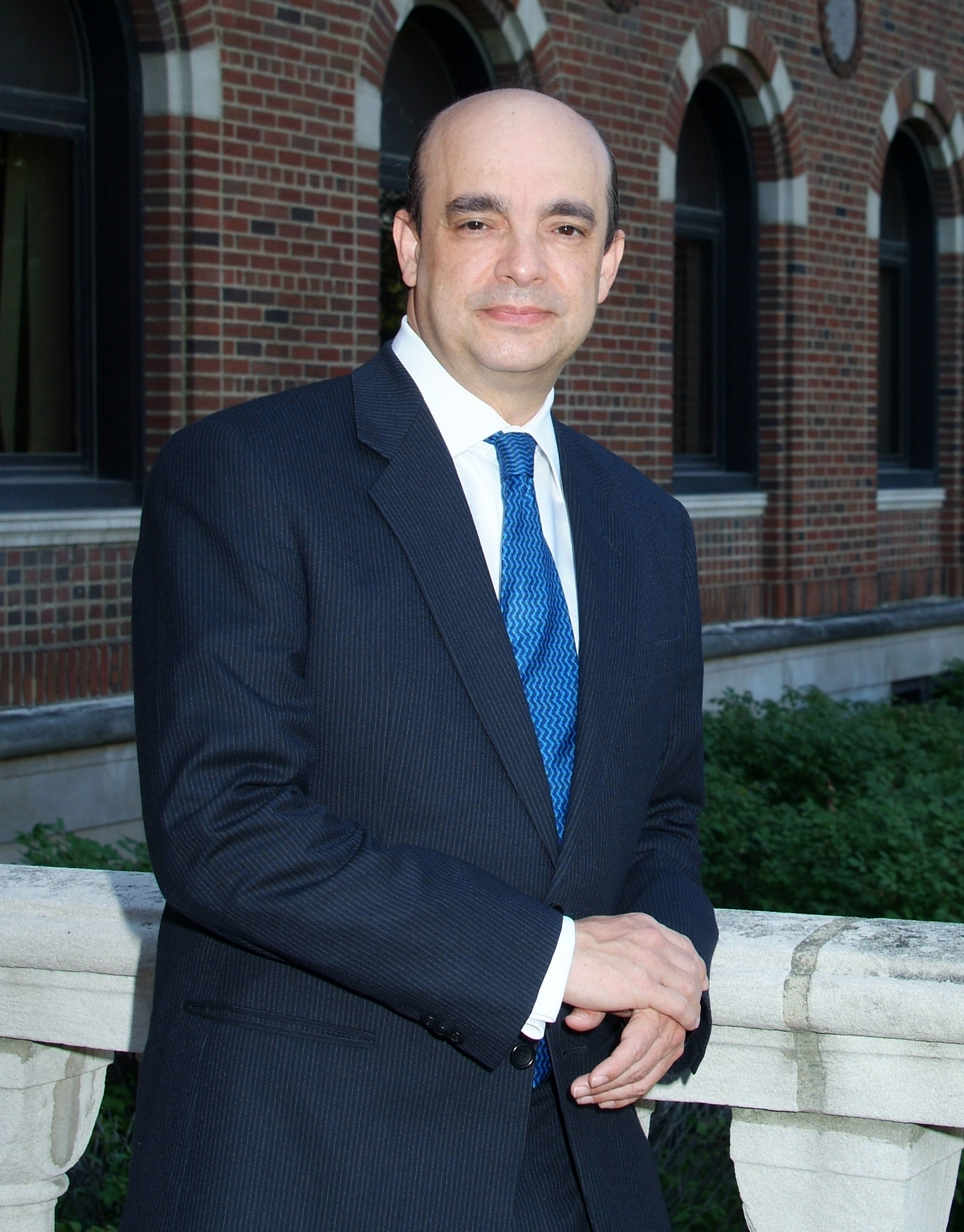Roberto Romero, M.D., D.Med.Sci, chief of the Perinatology Research Branch of the Eunice Kennedy Shriver National Institute of Child Health and Human Development/National Institutes of Health, located at the Wayne State University School of Medicine, received three awards from the NICHD Awards Celebration. The ceremony recognized NIH physicians and scientists who have substantially contributed to the mission of the NICHD and NIH.
The NICHD Merit Award was awarded to Dr. Romero as a member of the Group of Senior Advisors. The award celebrates accomplishments the director deems worthy of recognition.

As a member of the Pregnancy and Maternal Conditions that Increase Risk or Morbidity and Mortality Group, Dr. Romero received the Collaboration Award, which recognizes individuals who advance the mission of NICHD through successful collaboration with partners across or outside the institute.
The Lifetime Achievement Award was presented to Dr. Romero for his major contributions to clinical, translational and basic science. This is the most prestigious award presented by the NICHD, and was also awarded to Igor Dawid, Ph.D., former editor of the Proceedings of the National Academy of Science.
The awards were presented by NICHD Director Diana Bianchi, M.D., during a virtual awards celebration Dec. 8.
“I am deeply honored by this recognition from Dr. Diana Bianchi, Dr. Mary Dasso and the leadership of the NIH,” said Dr. Romero, also a professor of Molecular Obstetrics and Genetics at WSU. “The Perinatology Research Branch has been housed at Wayne State University and the Detroit Medical Center for 29 years, and its sterling record is credit to physicians, scientists, nurses, sonographers, computational biologists and our patients. Our website addresses the depth and breadth of the accomplishments of this success story.”
One of the world’s foremost authorities in the study of pregnancy and its complications, Dr. Romero leads a research team at the Perinatology Research Branch that has made seminal contributions to the diagnosis and treatment of ectopic pregnancy, prenatal diagnosis of congenital anomalies, prediction and prevention of preterm labor/delivery, and the role of infection/inflammation in preterm and term parturition.
Dr. Romero, director of the Division of Obstetrics and Maternal-Fetal Medicine at NICHD, is an author of over 1,200 peer-reviewed publications and several books, including the medical best seller, “Prenatal Diagnosis of Congenital Anomalies.” Since 2014, he has been editor-in-chief for Obstetrics of the American Journal of Obstetrics & Gynecology, the premier academic journal in obstetrics and gynecology, and the oldest journal in the discipline. The journal has a circulation of 42,000 in the United States and has published formative work that has the changed the lives of mothers and children.
Dr. Romero is an elected member of the National Academy of Medicine and the recipient of 18 honorary doctorate degrees and honorary professorships from universities worldwide. He was elected a member of the Wayne State University Academy of Scholars and named a 2010 Health Care Hero by Crain’s Detroit Business for his leadership and innovation in advancing health care worldwide. In 2011, the March of Dimes Michigan chapter presented Dr. Romero with the John Dingell Hero for Babies Award for his work at the PRB, including a study demonstrating that progesterone administration reduces the rate of preterm birth by 45% in women with a short cervix.
The work of the PRB and the School of Medicine has identified that one of every three preterm babies is born to a mother who has a “silent” infection in the amniotic cavity. Bacteria in the amniotic fluid induces an inflammatory response that leads to the onset of premature labor. Sometimes, the bacteria in the amniotic fluid infects the fetus and can cause multiple complications such as neonatal sepsis, and the inflammatory response of the fetus may predispose to brain injury and cerebral palsy. Physicians and scientists working with Dr. Romero have developed rapid tests for the diagnosis of infection and identified the patient that may benefit from early antibiotic treatment.
The PRB is the only clinical branch in the Division of Intramural Research of the NIH to focus research on human pregnancy and unborn children. Established in Michigan in 1992 at the WSU School of Medicine, the branch also serves as a major hub for the development and training of physicians and scientists who have pioneered diagnostics and treatments in maternal-fetal medicine. The PRB is strategically located to serve a high-risk population that requires the full spectrum of services the branch offers, including the most advanced three-dimensional and four-dimensional ultrasound for prenatal diagnosis. Since locating at the School of Medicine and the Detroit Medical Center (Hutzel Women’s Hospital), the PRB has enrolled more than 25,000 at-risk mothers, most of them uninsured.